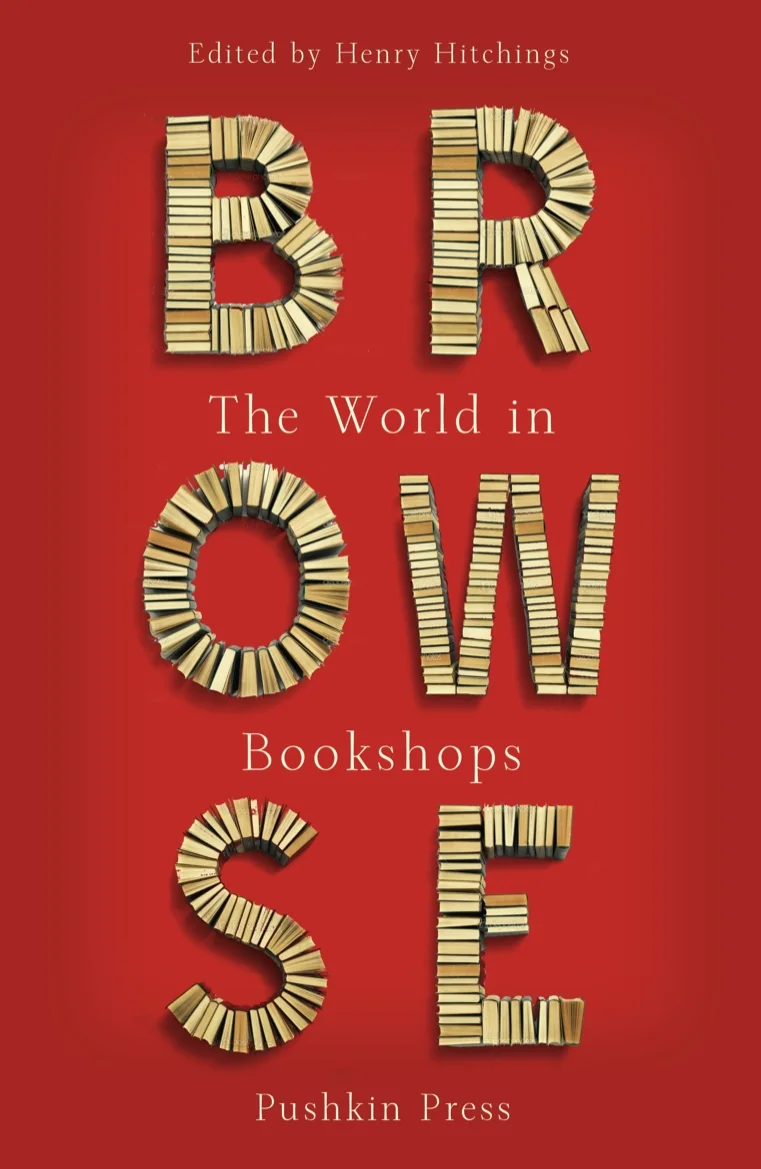I was looking forward to reading the hopeful story of a young woman who loses her job, takes a risk, and finds her way against all odds. Instead, this is a story of young woman who clears every hurdle with apparent ease because she is cute. This novel is the literary version of a Hallmark Channel movie. Some folks love Hallmark Channel movies and that is perfectly fine. I am not one of those folks and so I found this book frustrating which is also fine. Author Jenny Colgan has built a bestselling career out of writing novels of this style and cheers to her for that. There is an audience for this style of book, but I am not a part of it.
Nina Redmond is a young librarian who is kicked to the curb when her library branch in Birmingham, England is shuttered in favor of a new media center. Now jobless, she has to decide what to do. Nina is a book hoarder with stacks of books choking the pathways of her home and in this trait, I identified with Nina. However, her roommate has had it up to here with the clutter and demands Nina sort it out. Being an avid reader who loves the challenge of suggesting the perfect book for her library guests, Nina decides she will continue to pursue a book-related career and convert her collection of books into a bookshop. She buys a van (I am thinking this van is what we in America might call a box truck), converts the inside into a mobile bookshop , and moves to the Scottish Highlands to cater to the village folk who have not had access to a bookshop or library in many years. While I admired Nina's gumption, this is where the novel falls apart for me.
The entire venture is just too easy for Nina. She never seems to struggle. She says she is struggling, but we never see it. Her bank account is never in the red even after buying a van and moving to a new country. She finds her new residence without having to search or worry about being homeless and it isn't a drafty one room apartment above the pub. No, her new home is a barn that has just been converted into the perfect single lady's home with brand new appliances and 5-star-hotel-quality furnishings. And of course the owner is leasing it for well under market value. And of course the owner is a single, hunky Scottish farmer who harbors an attraction to Nina. I understand this is a fantasy novel, but for the love of books, let me see the hero on the brink of complete failure for a while before she triumphs. Make Nina have to take that cold and noisy room above the pub for a while and be hungry sometimes. Make Nina have to sleep in the truck a few nights and cry herself to sleep, frightened and alone, as she wonders if she has made an awful mistake. Let me see her go several days without a customer because she chose to settle in a small village with a limited customer population instead of what seems like every person in the village clawing at her truck for new books every day because they apparently have unlimited disposable income. Let me see her go from destitute to success through hard work and difficult trials. Instead she arrives in the storybook village, finds her awesome home, and is an instant success the moment she opens the bookshop to the public. The conflicts Nina does experience, some of which are subplots that are discarded without ceremony when the author or protagonist grows bored of them, are superficial compared to the conflicts she should have experienced to make this a journey a fulfilling adventure.
I purchased this novel because I had just finished reading the challenging The Handmaid's Tale and needed a palette cleanser. While this was an easy read, it was not a satisfying one. I am glad that I expanded my horizons a bit with a genre I do not often touch, but as with each time I read one of these, I am reminded why I do not often read them.



